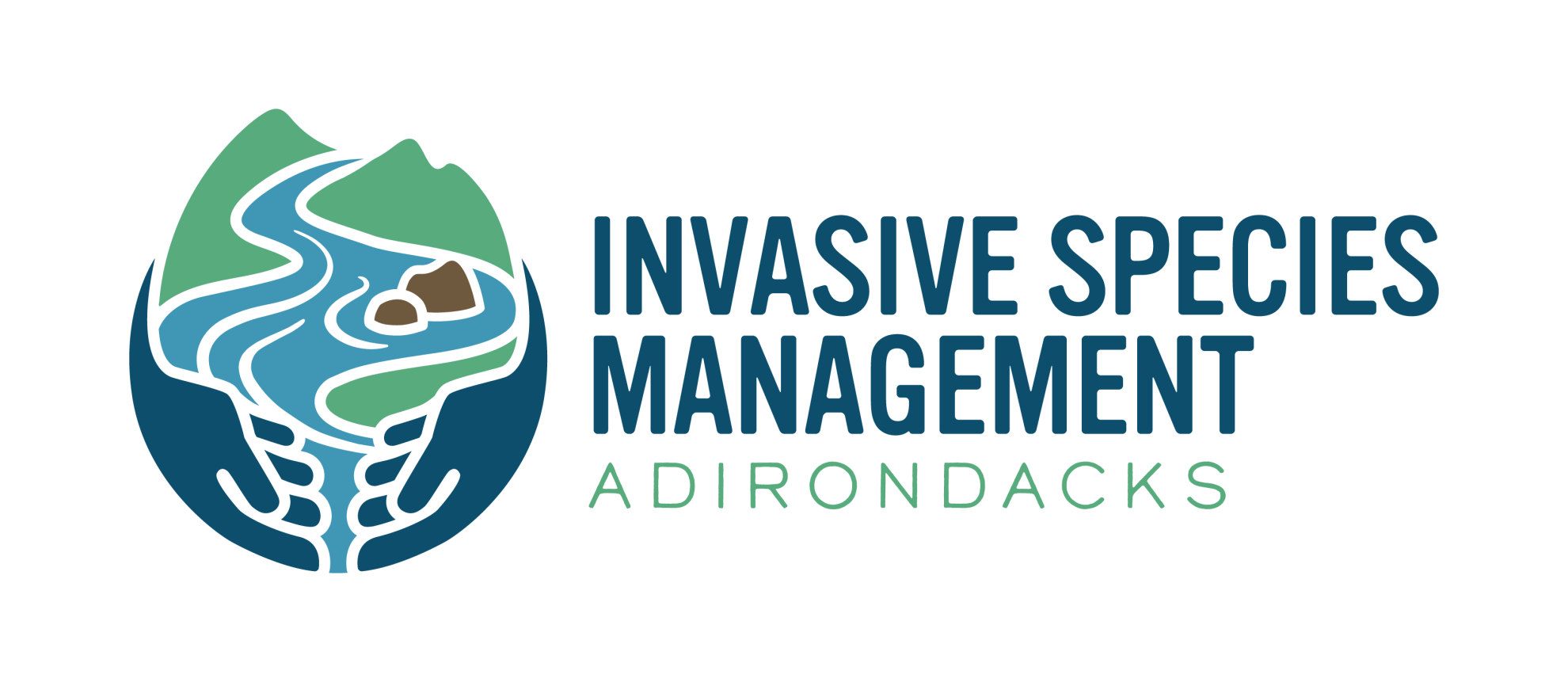APIPP Releases 2023 Annual Report

APIPP Releases 2023 Annual Report
Report provides a state-of-the-state of invasive species in the Adirondack Park
KEENE VALLEY—The Adirondack Park Invasive Plant Program (APIPP), hosted by The Nature Conservancy, recently released its 2023 Annual Report.
The report celebrates the accomplishments of APIPP staff, volunteers and partners while also providing updates on the status of invasive species in the Adirondack region, special initiatives, ongoing research and more.
The report also underscores the importance of the 35 partner organizations and more than 100 volunteers that contributed to advancing APIPP’s mission to work in partnership to minimize the impact of invasive species on the Adirondack region’s communities, lands and waters.
“We are so fortunate to live and work in the Adirondacks, where the community comes together to help prevent and manage invasive species like Eurasian watermilfoil, hemlock woolly adelgid (HWA) and Japanese knotweed,” said APIPP Director Tammara Van Ryn.
APIPP’s 2023 Annual Report highlights include:
Innovation and Research
To help in the fight against HWA, which poses a serious threat to Adirondack forests, APIPP assisted the New York State Hemlock Initiative at Cornell University with a study testing the use of environmental DNA (eDNA) to detect the presence of HWA and collected hemlock samples from a wide range of habitats for a genetics project led by University of Connecticut.
Aquatic Invasive Species
APIPP partners, contractors, staff and Lake Protector volunteers collectively submitted 184 monitoring surveys from 141 lakes. The data show that 75% of the 499 Adirondack waterways monitored over the last 22 years still remain free of aquatic invasives. Unfortunately, invasive species were found in seven new waterbodies. None of these waterbodies had a boat steward or active aquatic invasive species prevention program in place.
Terrestrial Invasive Species
APIPP’s Forest Pest Hunters collectively volunteered more than 400 hours of their time and entered more than 900 observations into iMapInvasives, New York state’s online invasive species database. APIPP staff and contractors surveyed more than 2,800 sites for terrestrial invasive species, and while no new terrestrial invasive plant species were identified in the region in 2023, nearly 350 new infestations of terrestrial invasive plants were found.
For example, despite previous efforts to remove tree-of-heaven from the few sites where it was found in the Adirondacks, 13 new sites were identified in 2023. There are now 31 known sites; APIPP is helping private landowners manage 19 of those sites. Tree-of-heaven is an invasive tree favored by spotted lanternfly, an invasive insect that has not yet become established in the region. The good news is that terrestrial invasive species have been removed from 64% of the more than 1,300 sites APIPP manages.
Community Engagement
APIPP was mentioned over 50 times in print, digital, radio and television news stories and its YouTube channel had more than 6,500 views and 3,100 watch hours in 2023. APIPP events, such as the upcoming March 6 webinar on Adirondack Lake Ecology, reached more than 2,600 people. Nine new partners joined the Adirondack PRISM: Adirondack Botanical Society, Adirondack Land Trust, Canada Lakes Conservation Association, Chateaugay Lake Foundation, East Shore Schroon Lake Association, Rainbow Lake Association, Raquette Lake Preservation Foundation, Schroon Lake Association and Upper Saranac Foundation.
The full Adirondack Park Invasive Plant Program 2023 Annual Report can be accessed here.
APIPP’s mission is to work in partnership to minimize the impact of invasive species on the Adirondack region’s communities, lands, and waters. Learn more at www.adkinvasives.com.

